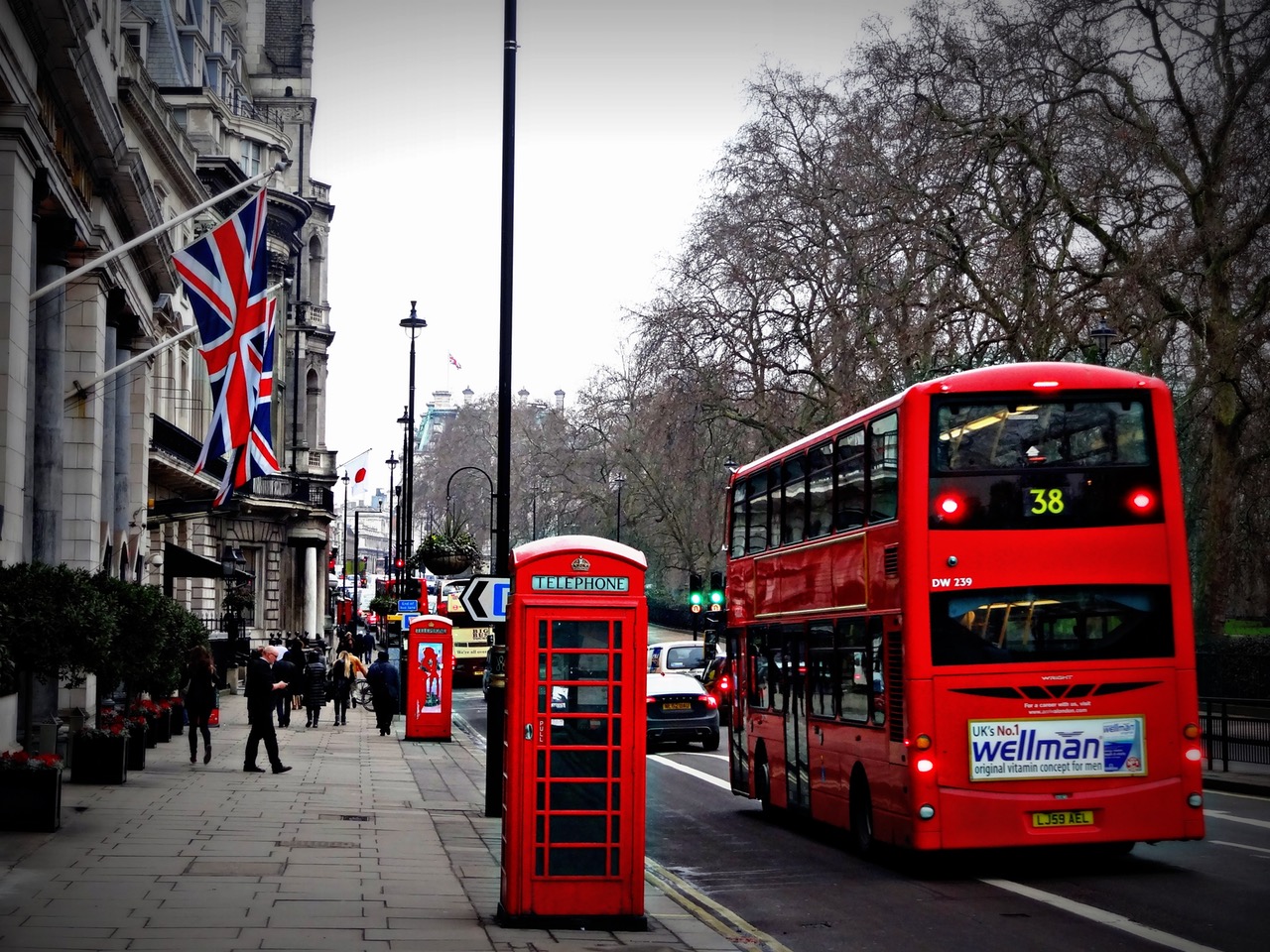The International Covenant on Civil and Political Rights (ICCPR) is one of three documents that make up the International Bill of Rights, together with the Universal Declaration on Human Rights and the International Covenant on Economic, Social and Cultural Rights (ICESCR).
What are ‘civil and political rights’?
Human rights are commonly divided into ‘civil and political rights’ and ‘economic, social and cultural rights’. Civil and political rights protect individuals’ freedom from interference by the State and make sure that everyone can take part in civil society. They include freedom of speech, freedom of assembly and the right not to be tortured.
Economic, social and cultural rights protect the basic necessities for life which includes the rights to food and water, to have a roof over your head, and to adequate healthcare. In this post, we’re looking at civil and political rights under the ICCPR.
What does the ICCPR do?

States party to the ICCPR recognise that ‘the inherent dignity and… the equal and inalienable rights of all members of the human family is the foundation of freedom, justice and peace in the world.’
The ICCPR defines basic rights, such as the right to life (Article 6), freedom from torture and cruel, inhuman or degrading treatment (Article 7), freedom from slavery (Article 8), the right to liberty (Article 10) and the right to respect for privacy and family (Article 17).
What do States party to the ICCPR actually promise to do? States’ obligations are divided into three – states agree:
- to respect human rights – that is, not to violate the rights in the ICCPR;
- to protect the enjoyment of rights – against violations by third parties, such as other individuals or corporations; and
- to fulfil individuals’ rights – to take steps to create an environment in which rights can be fully achieved.
The ICCPR was adopted by the United Nations General Assembly in 1966. Now, there are 169 state parties.
Who keeps an eye on the ICCPR?

The ICCPR establishes the Human Rights Committee which oversees commitment to the ICCPR. The Committee has 18 members made up of nationals from states parties who act as independent experts. They must have ‘high moral character’ and a ‘recognised competence in the field of human rights.’
The Committee adopts ‘General Comments’ which give guidance on how to interpret the ICCPR. States have to submit reports on the steps they have taken to protect, respect and fulfil ICCPR rights, and part of the Committee’s job is looking at these reports to make sure States are making progress.
How’s the UK doing?

The UK’s gave its last report to the Committee in December 2012. In its concluding observations, the Committee said that the UK had done well to adopt a strategy for addressing modern slavery and to allow same sex couples to get married.
But the Committee also expressed some concerns. For example, it highlighted slow progress in investigation of alleged human rights abuses by the military abroad, the blanket ban on prisoner voting, and criminal sanctions for abortion in Northern Ireland.
How is the ICCPR different from the Human Rights Convention?

The main difference is that, under the Human Rights Convention (which has effect in UK law through the Human Rights Act), individuals within the jurisdiction of the UK can take cases to the Human Rights Court claiming a breach of human rights. Any judgments made by the Human Rights Court are binding on the UK.
The First Optional Protocol to the ICCPR does allow individuals to bring complaints to the Human Rights Committee, but since it’s an optional protocol, States can choose whether to agree to to it or not, and the UK hasn’t signed up to the protocol. For States that have agreed to the Protocol, the Human Rights Committee can consider complaints about human rights violations from individuals. If the Committee finds a violation, it asks the State in question to fix it.
The Committee has urged the UK to reconsider its position on the Protocol. But the UK has said that it wasn’t convinced giving individuals a right to petition the Committee would add value for people in the UK.
There is significant overlap between the rights in the ICCPR and the Human Rights Convention. Both form part of a large group of international laws which protect our fundamental rights.







